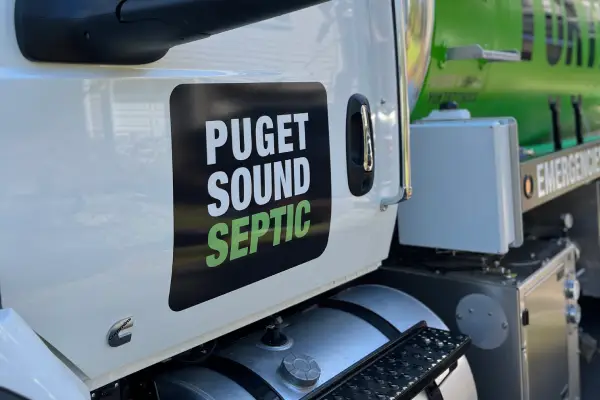
“Cesspit,” “cesspool,” and “septic system” are often used interchangeably, but each refers to a distinct (and progressively more modern) solution to humanity’s oldest problem: what to do with, well, you know. But how are they different from each other? Let’s dive right in.
Cesspits and cesspools were precursors to septic tanks. They were revolutionary for sanitation when they were invented, but since have largely been replaced by solutions that are smarter, safer, and much friendlier to the environment. Today, they’re rare, and only found on properties that are quite old or remote.
Is There a Difference Between a Cesspool and a Cesspit?
Yes, both are designed to do the same thing (contain waste), but there is a difference.
- Cesspits: Essentially, a pit or hole finished with brick or stone used to store waste. Liquid would be allowed to seep out slowly through the areas between bricks. Today, cesspits are rightfully viewed as environmental hazards, prone to leaks and contamination.
- Cesspool: A step up from cesspits, cesspools are airtight containers that are designed to store waste without leaking anything. It’s basically a holding tank for waste that will remain where it is until it’s removed. It’s also an environmental hazard from potential ruptures due to wear and tear as well as complications when trying to remove an old cesspool.
Choose Us for Your Septic Pumping Needs
Fill out our form and we'll be in touch!
Fill out our form and we'll be in touch!
*During normal business hours. After hours calls will be returned the next business day.
How Is a Septic Tank Different from a Cesspool?
Septic tanks and septic systems were created to address the shortcomings of cesspits and cesspools. They’re a superior choice in almost every way, which is why cesspits and cesspools have fallen out of favor and are in many cases illegal.
Here are a few ways septic tanks are superior to cesspools:
- Environmentally Friendly: Septic tanks prevent untreated wastewater from contaminating soil and water.
- Low Maintenance: With regular pumping and inspections, septic tanks can last decades.
- Modern Design: Septic systems include leach fields to safely disperse treated wastewater into the ground.
Do You Service Cesspools?
Short answer: Not really. In King County, cesspools are no longer a viable or legal option for wastewater processing. If you buy a home with one, you’ll need to replace it with a septic system.
It’s rare today to find an operational cesspool in King County, but if you have one, we have the expertise to help guide your transition to a modern septic system seamlessly. If you’re unsure what kind of system you have or where to find it, we offer septic system locating service.
Cesspools in Washington
Washington has strict regulations when it comes to wastewater management — and for good reason. If protecting our beautiful environment and water supply is a priority, septic tanks are a much better option for properties that don’t have access to municipal sewage. They don’t just handle waste — they handle it responsibly.
If you’re dealing with an old cesspool or have questions about septic systems in the Seattle area, we’re here to help. We’re Puget Sound Septic and our expertise in this topic runs deep (pun fully intended).
Questions About Cesspits and Cesspools? Ask Us!
At Puget Sound Septic, we’re passionate about septic solutions and treat every customer like a valued partner. Why? Because we understand that dealing with septic problems can really stink, but with us, they don’t have to.
Have questions? Give us a call or send us an email!
Back to Septic System Inspection